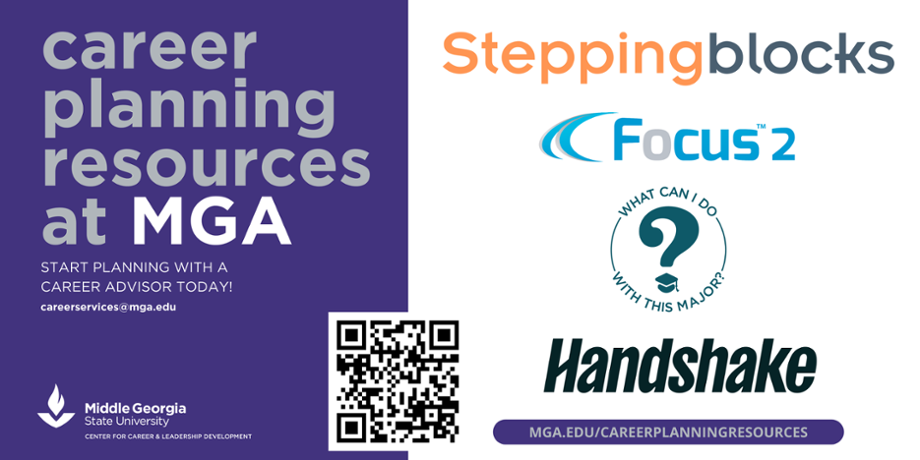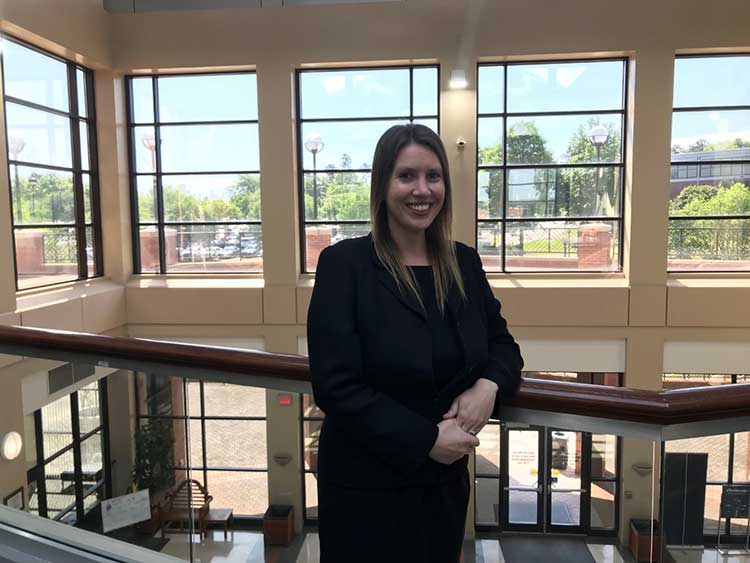Internships & Career Readiness
Internships play a vital role in one's professional development as they provide opportunities related to your academic interest and desired profession. Students who choose not to complete an internship while in college are often at a disadvantage when they pursue jobs after graduation because they have little work experience directly linked to their education or the career being pursued. Having relevant work experience enhances the degree and makes students more desirable candidates.
WHAT IS AN INTERNSHIP?
An internship is typically a short-term, one-time work experience related to your academic major or career field. You work in a professional setting under the supervision of a practicing professional or a member of that individual’s staff.
Internships can be paid or unpaid. Be sure you know whether you will receive compensation for your work before you accept the internship offer. If you receive financial aid, check with the Financial Aid office to determine how internship earnings may affect your financial aid award.
IMPORTANCE OF INTERNSHIPS
An internship can help you decide whether the career path you chose is actually something you enjoy and something that challenges you. An internship gives you an opportunity to get real-world work experience. One of the most important advantages of an internship is the networking opportunities it gives you. When your work at an internship is done well, you may leave with both professional references and enhanced marketable skills. Internships allow employers to determine how you fit their needs. It is not unusual for interns to afterwards receive offers for part-time work while in school or a full-time job.
Having one or more internships shown on your résumé gives you an advantage over competitors who have no experience. If your academic program does not require an internship, consider pursuing this kind of work opportunity anyway.
FINDING AN INTERNSHIP
Students can obtain an internship in a variety of ways. The Center for Career & Leadership Development advises students to begin their internship search at least 4 – 6 months before their desired start date. In addition to creating an online search strategy, students may identify internships through faculty or their career advisor. The CCLD uses Handshake to promote local, regional, and national internship opportunities to students.
To search for an internship, students should do the following career development activities with the CCLD:
- Activate your Handshake account at mga.joinhandshake.com and identify 5 – 10 internships that interest you.
- Schedule an appointment with a career advisor to update their resume and begin their internship search strategy with Handshake.
- Create a LinkedIn profile and meet with a career advisor to develop an internship search strategy.
- Take a professional headshot in the CCLD for your LinkedIn and Handshake profiles.
- Attend career fairs and networking events hosted by the university and other organizations, which you can find on Handshake.
- Attend “Virtual Internship Series” sessions, which are hosted in the spring and fall semesters
- Complete a mock interview in preparation for anticipated interviews.
Approach an internship much like you will pursue a full-time career position. Conduct research on the company or agency that interests you to develop a targeted résumé and cover letter. Ask about work opportunities and let the employer know how your skills and abilities match their needs. Consider your personal network – your friends, your relatives, classmates, former teachers or professors, academic advisors, etc., and then let those contacts know you are pursuing an internship.
Contact the MGA Center for Career and Leadership Development for additional information about internship opportunities as well as assistance preparing your résumé and cover letter. To schedule an appointment to get help with you resume, cover letter, or looking for internships, go to mga.joinhandshake.com/appointments.


